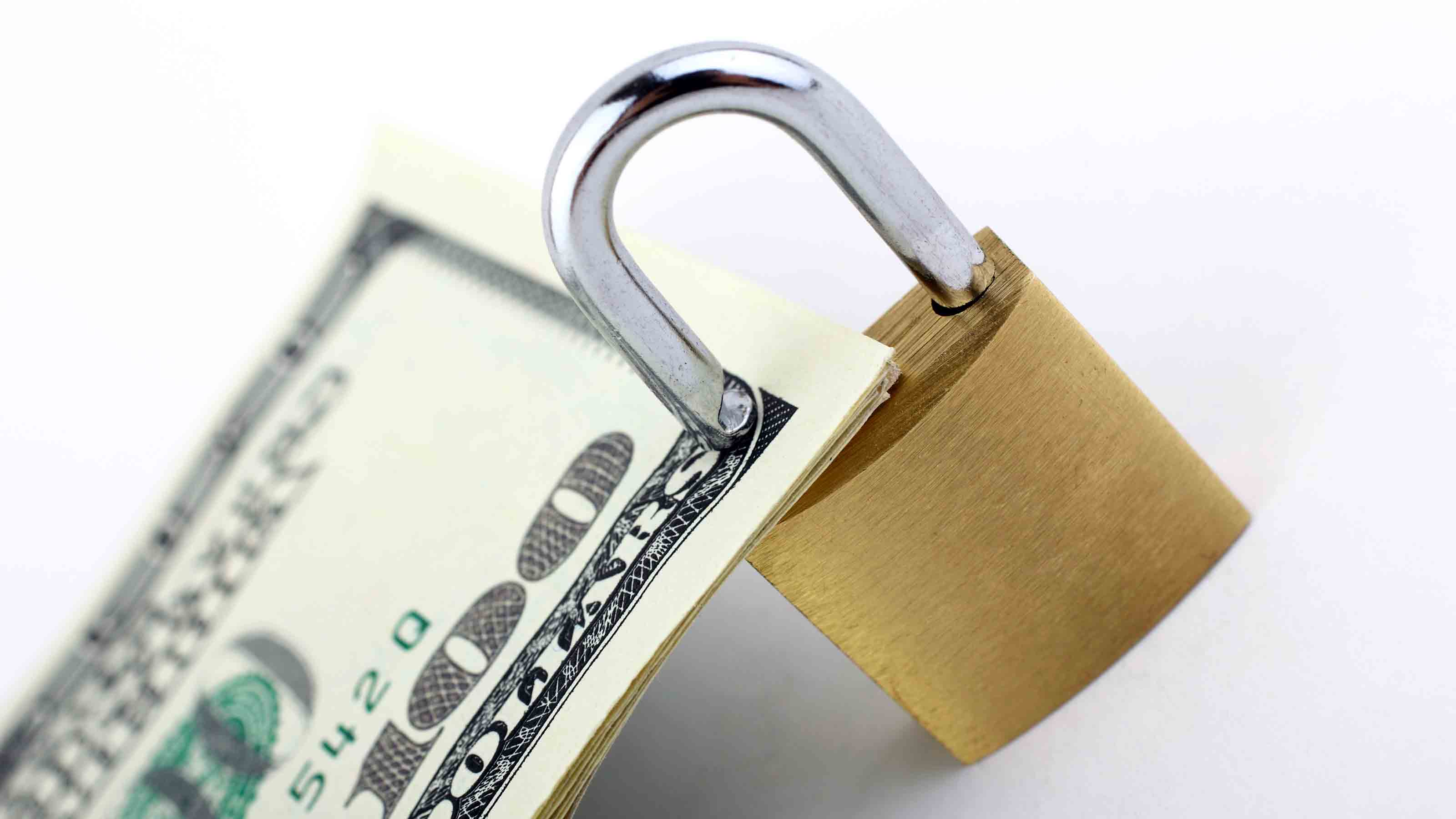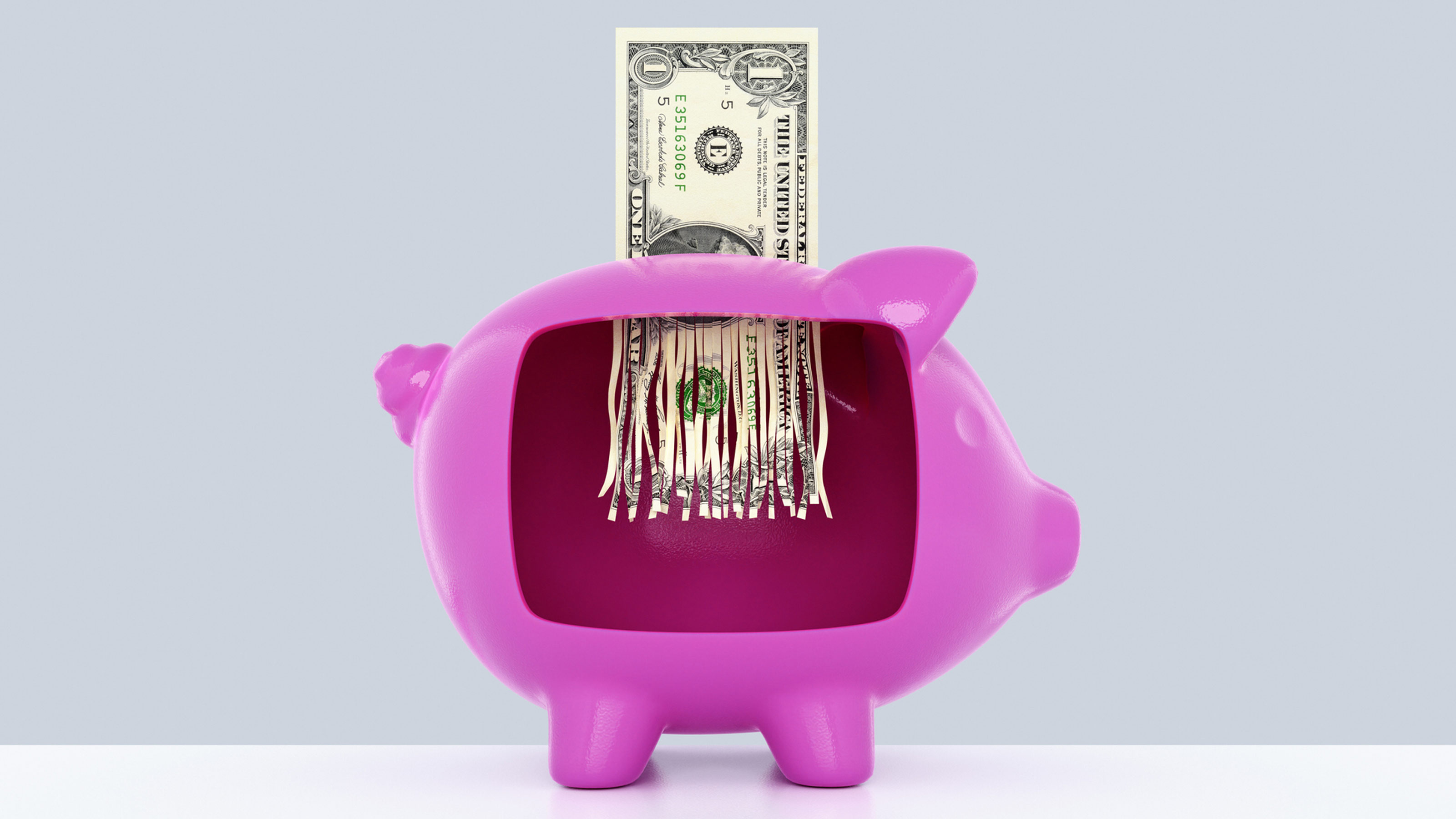Profit and prosper with the best of Kiplinger's advice on investing, taxes, retirement, personal finance and much more. Delivered daily. Enter your email in the box and click Sign Me Up.
You are now subscribed
Your newsletter sign-up was successful
Want to add more newsletters?

Delivered daily
Kiplinger Today
Profit and prosper with the best of Kiplinger's advice on investing, taxes, retirement, personal finance and much more delivered daily. Smart money moves start here.

Sent five days a week
Kiplinger A Step Ahead
Get practical help to make better financial decisions in your everyday life, from spending to savings on top deals.

Delivered daily
Kiplinger Closing Bell
Get today's biggest financial and investing headlines delivered to your inbox every day the U.S. stock market is open.

Sent twice a week
Kiplinger Adviser Intel
Financial pros across the country share best practices and fresh tactics to preserve and grow your wealth.

Delivered weekly
Kiplinger Tax Tips
Trim your federal and state tax bills with practical tax-planning and tax-cutting strategies.

Sent twice a week
Kiplinger Retirement Tips
Your twice-a-week guide to planning and enjoying a financially secure and richly rewarding retirement

Sent bimonthly.
Kiplinger Adviser Angle
Insights for advisers, wealth managers and other financial professionals.

Sent twice a week
Kiplinger Investing Weekly
Your twice-a-week roundup of promising stocks, funds, companies and industries you should consider, ones you should avoid, and why.

Sent weekly for six weeks
Kiplinger Invest for Retirement
Your step-by-step six-part series on how to invest for retirement, from devising a successful strategy to exactly which investments to choose.
If you're older than 40, you would be forgiven if you took the glass-half-empty view of the economy. After all, your retirement account has been decimated, your home's value has plummeted, your credit has dried up and your job may be teetering on the edge of a cliff.
But if you're in your twenties or thirties, the nation's financial meltdown isn't all bad. Because you're young, you have plenty of time to rebound from any personal setback and even use the crisis to your advantage.
| Row 0 - Cell 0 | How to Live Within Your Means |
| Row 1 - Cell 0 | Test Your Recession-Survival Skills |
| Row 2 - Cell 0 | 10 Financial Commandments for Your 20s |
| Row 3 - Cell 0 | 10 Financial Commandments for Your 30s |
Your reflex may be to duck for cover and wait out the recession. But that will get you nowhere. You have to look on the bright side! Make lemonade out of lemons! Become a phoenix rising from the ashes! (Insert your favorite optimistic cliché here!) Sit on the sidelines and you could miss out on incredible opportunities.
From just $107.88 $24.99 for Kiplinger Personal Finance
Become a smarter, better informed investor. Subscribe from just $107.88 $24.99, plus get up to 4 Special Issues

Sign up for Kiplinger’s Free Newsletters
Profit and prosper with the best of expert advice on investing, taxes, retirement, personal finance and more - straight to your e-mail.
Profit and prosper with the best of expert advice - straight to your e-mail.
Why the recession rocks
1. It's a great time to invest. Yes, the stock market has been in the toilet lately, but that's what makes investing so attractive now, especially to you first-timers. It's much better to buy something on sale than to pay full price. And you're buying low with plenty of time for your investments to grow.
As of July 8, Standard & Poor's 500-stock index stood 44% below its all-time high, reached on October 9, 2007. Yes, that's a good thing -- for you. You have 30, 40, maybe 50 years until you retire. That's plenty of time to come out ahead. The stock market has historically gained 10% per year, on average. And it has never lost money over a 30-year period. Even if you had invested in 1928, before the Great Depression, you would have earned an average annual return of about 8.5% over the next 30 years, according to T. Rowe Price.
Experts are already debating whether the market slump is over. (The S&P 500 has risen 30% since March 9.) Whether a full recovery is on its way sooner or later, you can rest assured that it is coming -- the market won't remain in the dumps forever. As a newbie investor, you probably didn't have much (if any) money in your 401(k) or other account before the market tanked. So shrug it off and position yourself now to cash in on the long run. (See Buy Stocks Now -- And Hold Them.)
2. You can get a deal on a home. Median home prices have dropped about 25% since 2006, with some metro areas seeing values drop more than 50%, according to the National Association of Realtors. That's not great news if you bought a home in the market's heyday, but the slump is welcome relief if you've been longing to buy your first home. Mortgage rates are also near record lows, making for smaller monthly payments. Plus, Uncle Sam is sweetening the deal with a tax credit worth up to $8,000 for first-time home buyers.
A cooling real estate market is good news for buyers because it's easier for them to negotiate a deal. But it shouldn't be the main reason that pushes you into your first home. Buying a house is a decision that you should make independent of what the market may or may not be doing. See How to Know When You're Ready to Buy to learn more, and take our Should You Buy a Home? quiz to test your readiness.
3. Your career options are still open. The nation's unemployment rate topped 9.5% in June. And hiring for new grads has slowed significantly. But this is a minor setback when you're young, compared with the blow it would be if you were older and more established. You have plenty of time to build a career. In fact, the recession may lead you to explore life and job paths you might not have considered otherwise.
If you don't land a position using your degree right away, consider a "stepping stone" job with good benefits to tide you over until hiring picks up again. Here are six companies hiring new grads now. Uncle Sam is also hiring.
When you're young, you haven't put down roots yet. So it's easier for you to move to where the jobs are. The job markets in big -- and pricey -- cities, such as New York, Chicago and San Francisco, have been hard-hit. But you might find stable employment, new career opportunities and a more affordable lifestyle in places such as Huntsville, Ala.; Albuquerque; Charlottesville, Va.; and Austin, Tex. (See Best Cities 2009 for more affordable places with good job prospects.)
The inability to find a job could also provide the impetus you need to become your own boss. See Six Steps to Starting Your Own Business and Entrepreneur's Guide to Success to learn more. Or perhaps now's the time to further your education or consider a career change.
4. Excessive debt is passé. Perhaps one of the best things to come out of the financial mess is the reality check Americans have had with their money. Conspicuous consumption is out. Frugality is in. For the past few years, we have hardly saved a dime of our hard-earned money (0% actually). Now, with the economy in the dumps, Americans are saving nearly 7% of their income, according to the Bureau of Economic Analysis. Getting in the habit of saving money and spending wisely in your twenties and thirties will pay dividends for a lifetime.
The fact that credit is harder to come by may be a good thing for our generation. Lenders aren't dishing it out like candy anymore. If we can't get as much credit, perhaps we won't dig ourselves too deep into debt when we're starting out. Living within your means and keeping more cash in your pocket instead of forking it over to the bank? Now that rocks.
Profit and prosper with the best of Kiplinger's advice on investing, taxes, retirement, personal finance and much more. Delivered daily. Enter your email in the box and click Sign Me Up.

-
 5 Vince Lombardi Quotes Retirees Should Live By
5 Vince Lombardi Quotes Retirees Should Live ByThe iconic football coach's philosophy can help retirees win at the game of life.
-
 The $200,000 Olympic 'Pension' is a Retirement Game-Changer for Team USA
The $200,000 Olympic 'Pension' is a Retirement Game-Changer for Team USAThe donation by financier Ross Stevens is meant to be a "retirement program" for Team USA Olympic and Paralympic athletes.
-
 10 Cheapest Places to Live in Colorado
10 Cheapest Places to Live in ColoradoProperty Tax Looking for a cozy cabin near the slopes? These Colorado counties combine reasonable house prices with the state's lowest property tax bills.
-
 PODCAST: This Couple Tackles Love and Money as a Team
PODCAST: This Couple Tackles Love and Money as a TeamGetting Married Fyooz Financial, the husband and wife team of Dan and Natalie Slagle, have carved out a niche advising other couples with the money questions that come with pairing up. Also, where is this troubled stock market headed?
-
 Double Your ESG Impact With Funds Tied to Charities
Double Your ESG Impact With Funds Tied to CharitiesFinancial Planning A growing number of funds donate directly to causes you might care about. Are they good investments?
-
 Build an Inflation Hedge Around Retirement
Build an Inflation Hedge Around RetirementFinancial Planning Inflation brings two headaches for retirees: stretching a fixed income to meet rapidly rising prices and investing a retirement savings portfolio so that it keeps pace with the higher cost of living. Here are some strategies to avoid the pain.
-
 The Fallout From Ukraine
The Fallout From Ukraineeconomy Russia and Ukraine represent only a tiny portion of U.S. trade directly, but the impact of the invasion (and sanctions) is being felt by consumers here.
-
 Are You Paying Too Much for Financial Advice?
Are You Paying Too Much for Financial Advice?Financial Planning Paying fees based on your assets under management may be costing you dearly, in more ways than one. Here’s why. Want a better deal? Consider a flat fee method instead.
-
 How to Prepare to Work with a Financial Planner
How to Prepare to Work with a Financial PlannerFinancial Planning Start off on the right foot by getting your financial ducks in a row before your first meeting. Here are some handy pointers for kick-starting a productive relationship.
-
 The Right Dividend Stock Fund for You
The Right Dividend Stock Fund for YouBecoming an Investor Dividend stock strategies come in many different flavors. Here's what to look for.
-
 5 Stocks to Own for Decades
5 Stocks to Own for DecadesBecoming an Investor Companies that can achieve spectacular business success are innovators with big ideas and mammoth potential markets.
